Physical Address
304 North Cardinal St.
Dorchester Center, MA 02124
Physical Address
304 North Cardinal St.
Dorchester Center, MA 02124
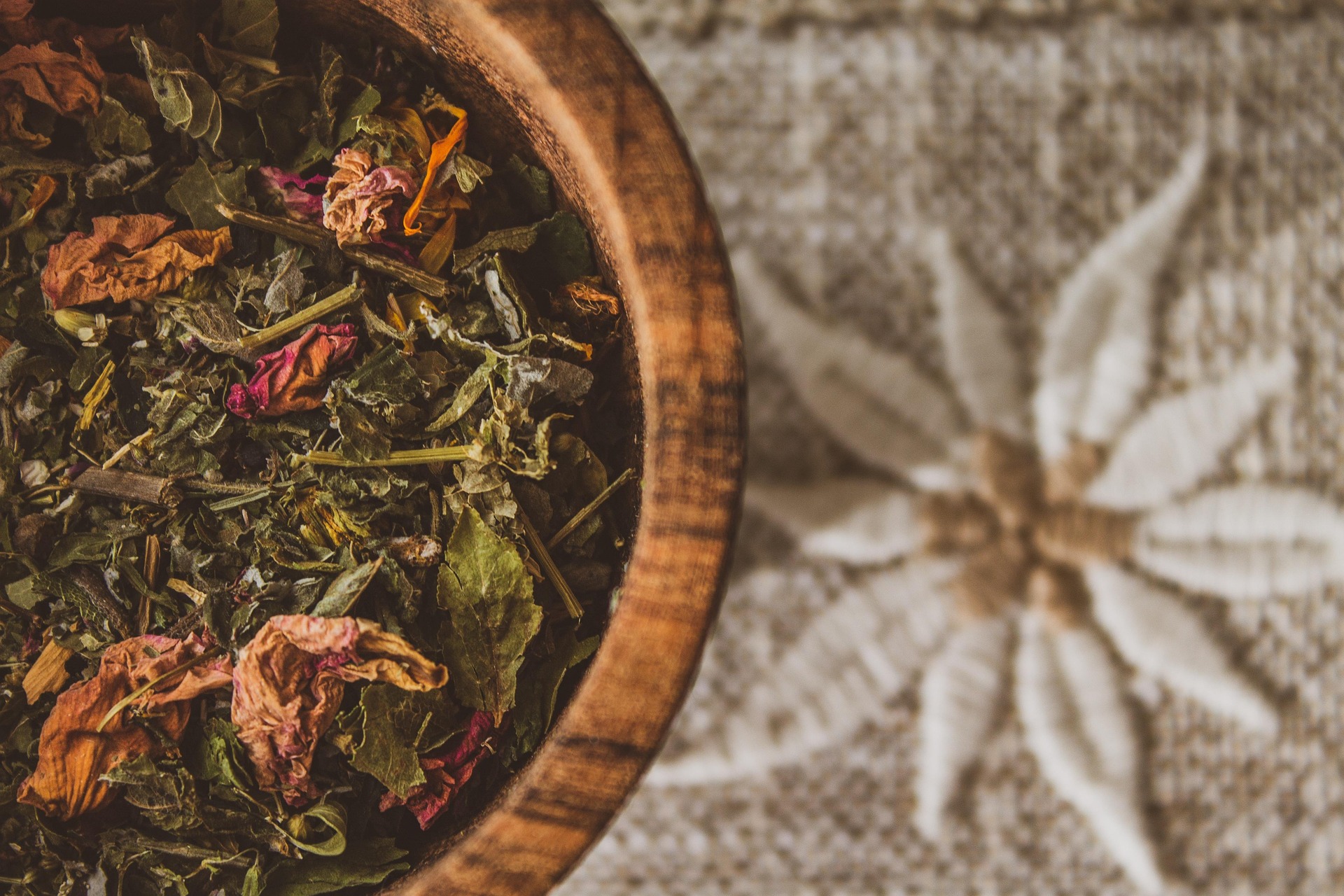
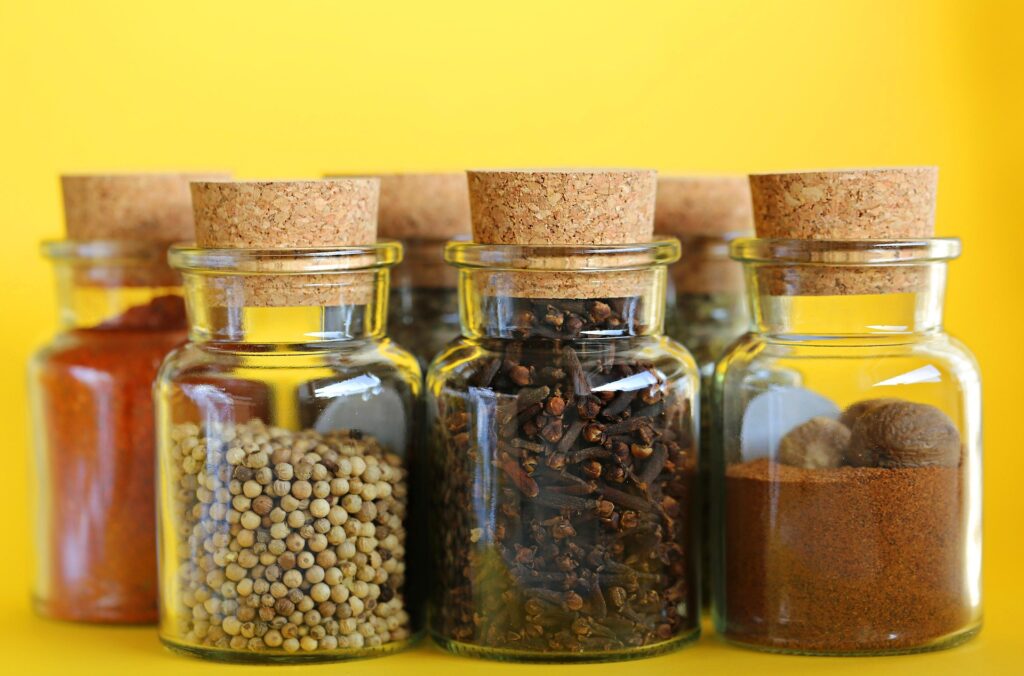
Are you tired of battling stubborn weight and constant cravings? 🍔🍕 You’re not alone. Millions struggle with weight management, often feeling helpless against their own appetites. But what if there was a natural way to support your weight loss journey and take control of your hunger? Best Herbal Supplements for Weight Loss.
Enter the world of herbal supplements – nature’s secret weapons in the fight against excess pounds. 🌿💪 From ancient remedies to modern discoveries, these powerful plants have been shown to potentially boost metabolism, curb cravings, and help you shed those unwanted inches. But with so many options on the market, how do you know which ones actually work?
In this comprehensive guide, we’ll explore the 11 best herbal supplements for weight loss and appetite control. From the fiber-rich fenugreek to the metabolism-boosting green tea extract, we’ll dive into the science behind these natural wonders and how they can support your health and fitness goals. Whether you’re just starting your weight loss journey or looking to break through a plateau, these herbal allies might just be the game-changers you’ve been searching for. Let’s uncover nature’s slimming secrets together! 🌟🏋️♀️
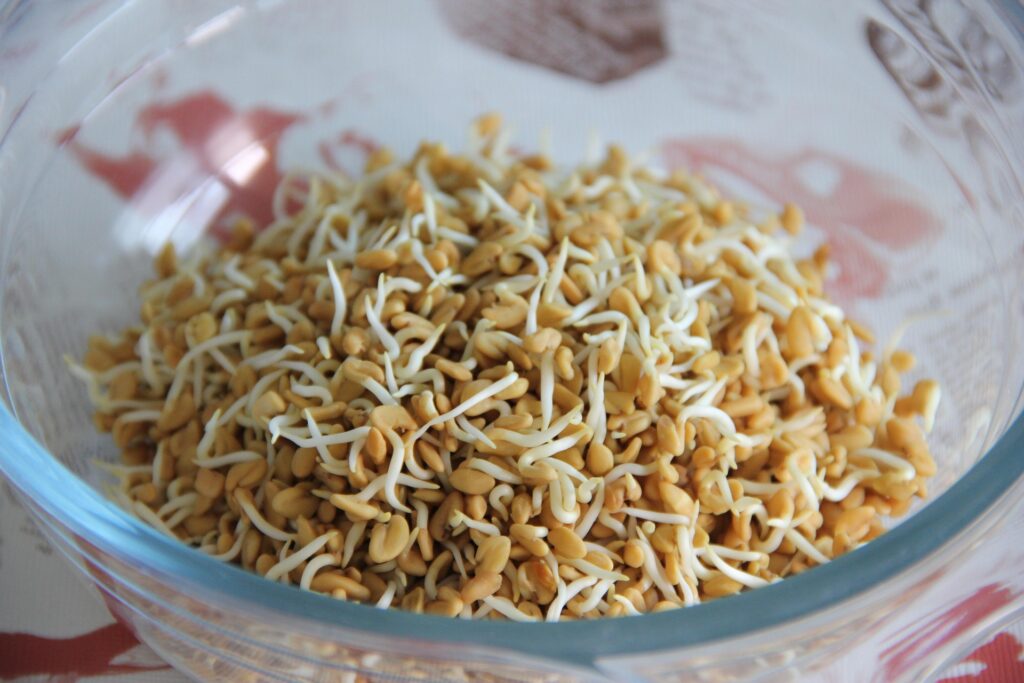
Fenugreek, a versatile herb native to the Mediterranean region, has gained popularity in the weight loss community due to its potential benefits. Here are some key advantages of incorporating fenugreek into your weight loss regimen:
There are several ways to consume fenugreek for weight loss:
| Dosage Form | Recommended Amount | Potential Side Effects |
|---|---|---|
| Seeds | 2-5 grams daily | Bloating, gas |
| Powder | 1-2 teaspoons daily | Diarrhea |
| Supplements | As per label | Allergic reactions |
| Tea | 1-2 cups daily | Nausea |
It’s important to start with a small dose and gradually increase to avoid digestive discomfort. Consult with a healthcare professional before adding fenugreek to your diet, especially if you have any underlying health conditions or are taking medications.
Now that we’ve explored the benefits of fenugreek for weight loss, let’s move on to another powerful herbal supplement: glucomannan and other viscous fibers.

Glucomannan, derived from the konjac root, is a powerful viscous fiber that has gained popularity in the weight loss community. This natural supplement works by absorbing water and expanding in the stomach, creating a feeling of fullness and reducing appetite. Other viscous fibers, such as psyllium and guar gum, operate on similar principles.
These fibers offer multiple benefits for weight management:
Here’s a comparison of popular viscous fibers:
| Fiber Type | Source | Water Absorption | Effectiveness |
|---|---|---|---|
| Glucomannan | Konjac root | Very high | High |
| Psyllium | Plantago seeds | High | Moderate |
| Guar Gum | Guar bean | High | Moderate |
| Pectin | Fruit peels | Moderate | Low-Moderate |
While generally safe, it’s crucial to follow recommended dosages for viscous fibers. Glucomannan is typically taken in doses of 1-4 grams before meals, with plenty of water. Excessive intake may lead to gastrointestinal discomfort or, in rare cases, blockages. It’s advisable to start with a lower dose and gradually increase as tolerated.
Potential side effects include:
Individuals with swallowing difficulties or digestive disorders should consult a healthcare professional before use. It’s also important to note that viscous fibers may interact with certain medications, potentially affecting their absorption. Therefore, it’s recommended to take any medications at least an hour before or after consuming these supplements.
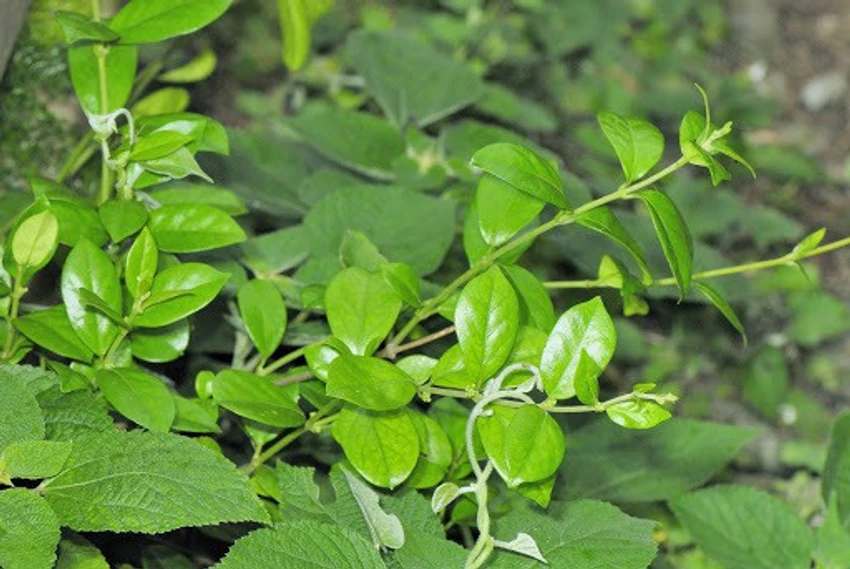
Gymnema sylvestre, a herb native to India and Africa, has gained popularity in the weight loss community due to its potential to reduce sugar cravings and support healthy blood sugar levels. Here’s how this herbal supplement can assist in your weight loss journey:
Gymnema sylvestre contains gymnemic acids that have a unique ability to temporarily block sweet taste receptors on the tongue. This effect can:
Research suggests that Gymnema sylvestre may help:
| Benefit | Effect on Weight Loss |
|---|---|
| Sugar craving reduction | Fewer high-calorie sweets consumed |
| Improved insulin sensitivity | Better glucose metabolism |
| Decreased sugar absorption | Fewer calories from carbohydrates |
Always consult with a healthcare professional before starting any new supplement regimen, especially if you have diabetes or are taking medications that affect blood sugar levels.
With its potential to curb sugar cravings and support healthy blood sugar levels, Gymnema sylvestre can be a valuable addition to your weight loss toolkit. Next, we’ll explore another powerful herbal supplement that can aid in appetite control and weight management.
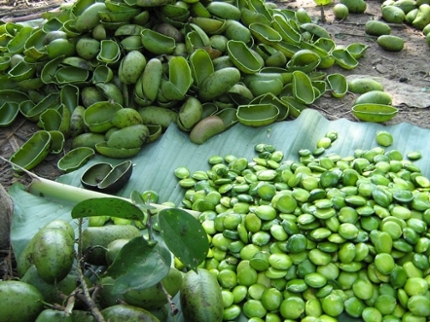
Griffonia simplicifolia is a plant native to West and Central Africa, known for its high concentration of 5-Hydroxytryptophan (5-HTP). This compound is a precursor to serotonin, a neurotransmitter that plays a crucial role in regulating mood, appetite, and sleep patterns.
| Benefit | Mechanism |
|---|---|
| Appetite suppression | Boosts serotonin levels |
| Reduced cravings | Balances blood sugar levels |
| Mood enhancement | Increases serotonin production |
The typical dosage of Griffonia simplicifolia extract ranges from 300 to 500 mg per day, taken in divided doses. It’s often recommended to start with a lower dose and gradually increase to assess tolerance.
Always consult with a healthcare professional before starting any new supplement regimen, especially if you’re taking medications that affect serotonin levels.
With an understanding of how Griffonia simplicifolia can aid in weight loss and appetite control, let’s explore another popular herbal supplement, Caralluma fimbriata, and its unique properties for supporting weight management efforts.

Caralluma fimbriata, a succulent plant native to India, has gained popularity in recent years as a natural appetite suppressant and weight loss aid. This cactus-like plant has been used for centuries in traditional Indian medicine to curb hunger during times of famine.
Caralluma fimbriata contains compounds called pregnane glycosides, which are believed to:
Research on Caralluma fimbriata has shown promising results:
| Study | Duration | Dosage | Results |
|---|---|---|---|
| 2007 study | 60 days | 1000mg daily | Significant decrease in waist circumference and appetite |
| 2013 study | 12 weeks | 1000mg daily | Reduction in body weight and body mass index |
The recommended dosage is typically 500-1000mg per day, divided into two doses.
While generally considered safe, some users may experience:
These side effects usually subside after the first week of use.
Now that we’ve explored Caralluma fimbriata, let’s move on to another popular herbal supplement for weight loss: green tea extract.
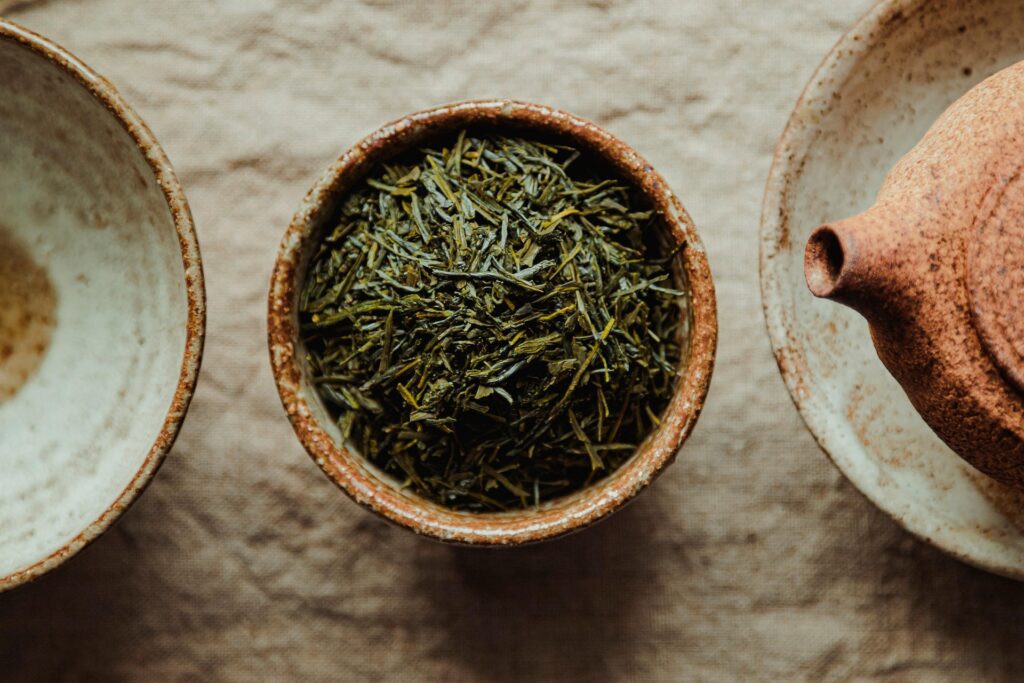
Green tea extract is a powerful supplement known for its potential weight loss and appetite control properties. Here are some key benefits:
Green tea extract primarily works through its active compounds:
| Compound | Function |
|---|---|
| Caffeine | Increases energy expenditure and fat oxidation |
| EGCG | Inhibits an enzyme that breaks down norepinephrine, boosting metabolism |
The effective dosage of green tea extract for weight loss typically ranges from 250-500 mg per day. It’s important to start with a lower dose and gradually increase to assess tolerance.
While generally safe, some people may experience:
Always consult with a healthcare professional before starting any new supplement regimen, especially if you have pre-existing health conditions or are taking medications. Best Herbal Supplements for Weight Loss
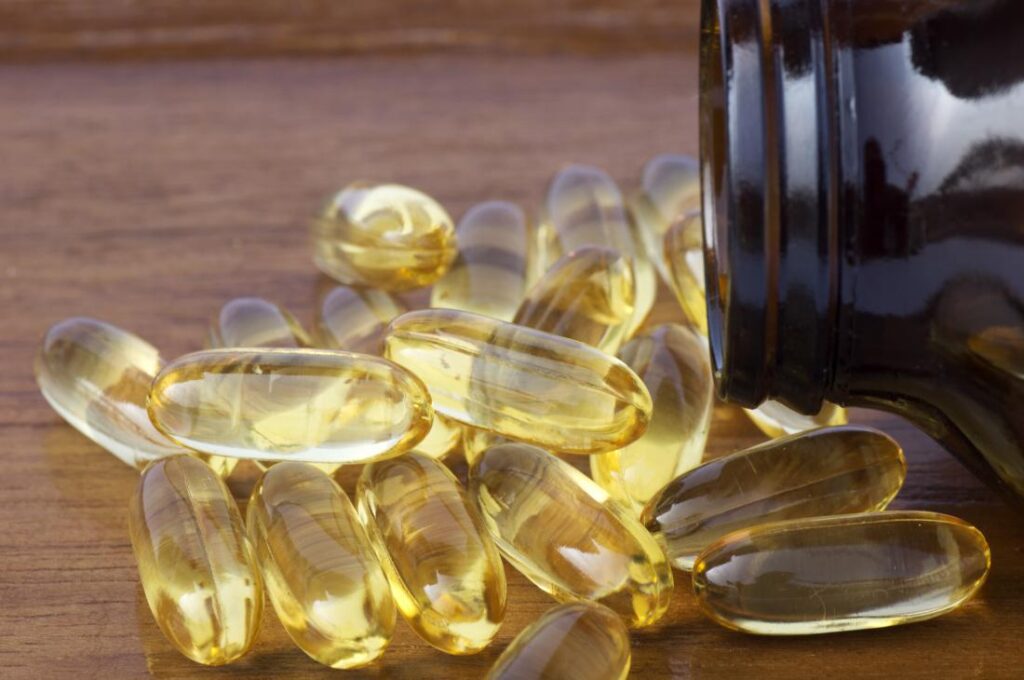
Conjugated linoleic acid (CLA) is a type of fatty acid naturally found in meat and dairy products. It has gained popularity as a weight loss supplement due to its potential fat-burning properties.
CLA is believed to work through several mechanisms:
| Benefit | Description |
|---|---|
| Fat Loss | May help reduce body fat, especially in the abdominal area |
| Muscle Preservation | Can potentially preserve lean muscle mass during weight loss |
| Metabolic Health | May improve insulin sensitivity and reduce inflammation |
The typical recommended dosage for CLA supplements ranges from 3 to 6 grams per day. While generally considered safe, some potential side effects include:
Studies on CLA’s effectiveness for weight loss have shown mixed results:
It’s important to note that CLA may work better when combined with a healthy diet and regular exercise.
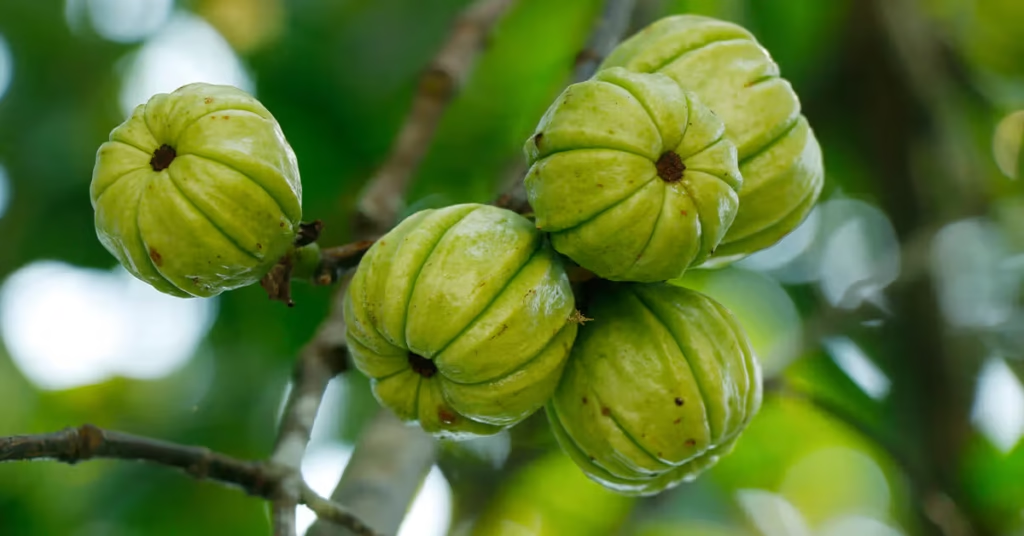
Garcinia cambogia is a tropical fruit native to Southeast Asia, also known as Malabar tamarind. The fruit’s rind contains high concentrations of hydroxycitric acid (HCA), which is believed to have weight loss and appetite-suppressing properties.
Garcinia cambogia is thought to aid weight loss through two primary mechanisms:
| Mechanism | Description |
|---|---|
| Appetite suppression | HCA may increase serotonin levels, potentially reducing cravings and emotional eating |
| Fat blocking | HCA may inhibit citrate lyase, an enzyme involved in fat production |
The typical recommended dosage of Garcinia cambogia extract ranges from 500 to 1500 mg per day, taken before meals. However, it’s essential to consult with a healthcare professional before starting any new supplement regimen, especially if you have pre-existing health conditions or are taking medications.
While generally considered safe for most people, some potential side effects include:
It’s important to note that the effectiveness of Garcinia cambogia for weight loss is still debated, with mixed results from scientific studies. As with any supplement, it should be used in conjunction with a balanced diet and regular exercise for optimal results.
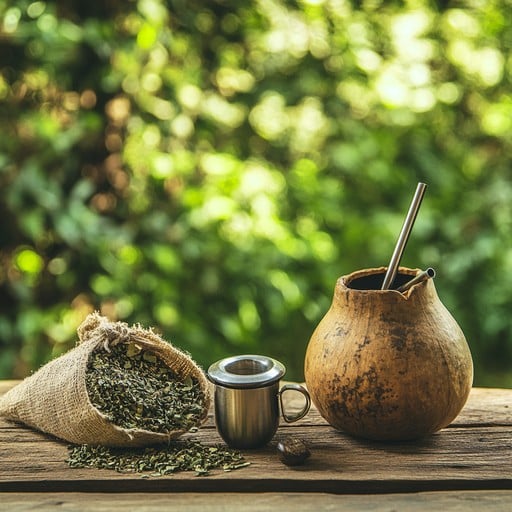
Yerba mate, a traditional South American beverage, has gained popularity worldwide for its potential weight loss benefits. This herbal tea, derived from the leaves of the Ilex paraguariensis plant, offers a unique blend of nutrients and compounds that may aid in weight management and appetite control.
| Nutrient | Amount per 8 oz serving |
|---|---|
| Caffeine | 85 mg |
| Theobromine | 65 mg |
| Antioxidants | High (comparable to green tea) |
| Vitamins | A, C, E, B1, B2, B3, B5 |
| Minerals | Iron, Calcium, Potassium, Magnesium |
Yerba mate’s unique combination of caffeine, theobromine, and polyphenols works synergistically to boost metabolism and promote fat burning. Studies have shown that regular consumption of yerba mate can increase energy expenditure and fat oxidation during exercise, potentially leading to greater weight loss results.
Moreover, the appetite-suppressing effects of yerba mate may help reduce overall calorie intake, making it easier for individuals to maintain a calorie deficit necessary for weight loss. The natural energy boost provided by yerba mate can also support increased physical activity, further contributing to weight management efforts.
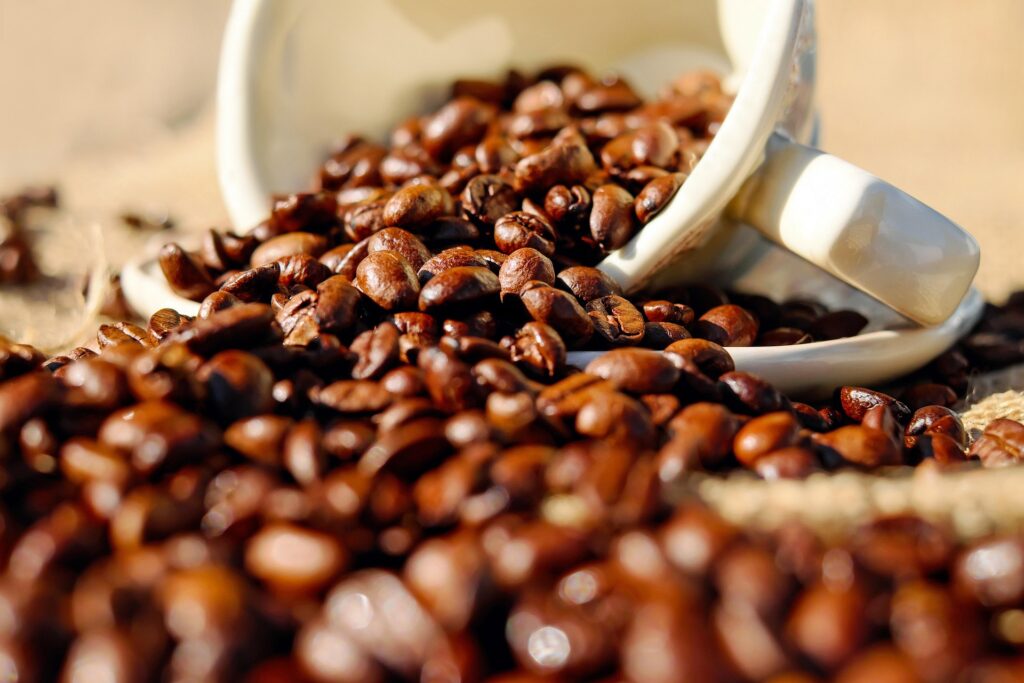
Coffee, a beloved beverage worldwide, offers more than just a morning energy boost. It’s also a potential ally in weight loss efforts. Here’s how coffee can contribute to your weight management goals:
Coffee contains caffeine, a natural stimulant that can increase your metabolic rate. This means your body burns more calories, even at rest.
| Effect | Description |
|---|---|
| Thermogenesis | Caffeine stimulates heat production in the body |
| Fat Oxidation | Enhances the breakdown of fat cells |
| Energy Expenditure | Increases overall calorie burn |
Many people find that coffee helps curb their appetite, potentially leading to reduced calorie intake throughout the day.
Coffee can improve physical performance, allowing for more intense workouts and increased calorie burn:
While coffee can be beneficial for weight loss, it’s important to consume it mindfully:
Coffee, when used as part of a balanced diet and exercise routine, can be a valuable tool in your weight loss journey. Next, we’ll summarize the key points about herbal supplements for weight loss and provide some final thoughts.
To ensure the accuracy and reliability of the information presented in this article, we followed a rigorous review process:
| Review Stage | Key Actions |
|---|---|
| Initial Research | Literature review, study analysis |
| Expert Input | Consultation with specialists |
| Verification | Fact-checking, cross-referencing |
| Final Review | Editorial review, accuracy check |
Now that you have a comprehensive understanding of herbal supplements for weight loss and appetite control, you might be interested in exploring related topics to further enhance your knowledge. Here are some suggested articles to read next:
These articles will provide you with a well-rounded perspective on weight management, helping you make informed decisions about your health and wellness journey.
Natural supplements offer a promising avenue for those seeking to manage their weight and control appetite. From fenugreek to yerba mate, each herb brings unique properties that can support your weight loss journey. Green tea extract and coffee, rich in antioxidants and metabolism-boosting compounds, stand out as popular choices. Meanwhile, lesser-known supplements like Gymnema sylvestre and Caralluma fimbriata show potential in curbing sugar cravings and reducing appetite.
While these herbal supplements can be valuable tools in your weight management arsenal, it’s crucial to remember that they work best when combined with a balanced diet and regular exercise. Always consult with a healthcare professional before adding any new supplement to your routine, especially if you have pre-existing health conditions or are taking medications. With the right approach and guidance, these natural allies can help you achieve your weight loss goals more effectively and sustainably.